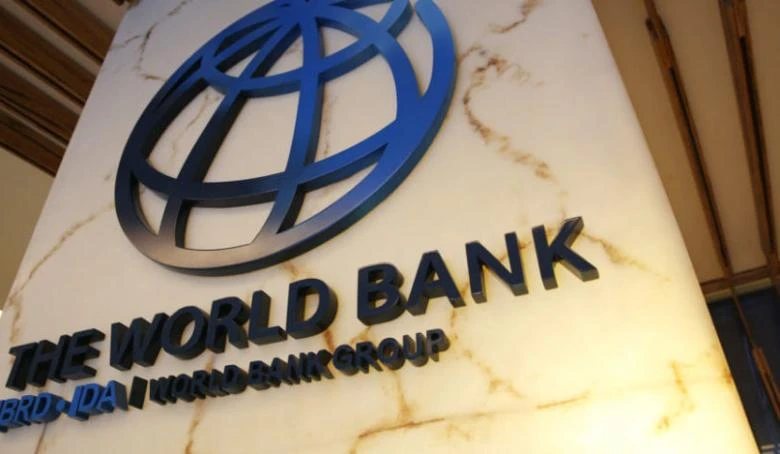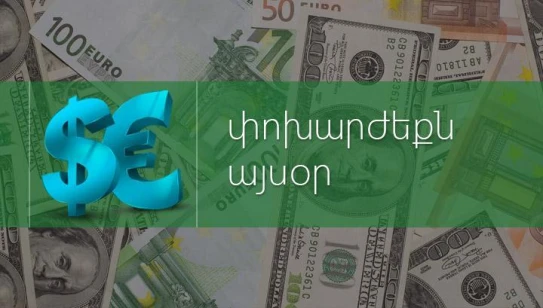The Board of Executive Directors of the World Bank Group has approved a new five-year Country Partnership Framework (CPF) with Armenia.
The goal of this framework is to reduce poverty and promote prosperity across the country by creating better jobs, developing human capital and strengthening resilience. Armenia has made significant development gains in recent years.
However, infrastructure gaps, low domestic and foreign investment and high unemployment are still major impediments to growth.
Unequal access to and outcomes in education and healthcare limit the population's employability and productivity.Armenia is also vulnerable to the effects of climate change.
The new strategy emphasizes the need to increase resilience to economic shocks, instability and conflict, natural disasters and climate change.
The approved partnership framework will help Armenia to have:
.More and better jobs, providing better conditions for private sector growth and addressing the workforce skills gap.
.Stronger human capital, improving access to quality health services and social protection.
.A more resilient economy through the development of climate-resilient economic activities and the strengthening of state and institutional systems.
This includes public finance management, strategic planning and public administration reforms.
"This new partnership framework demonstrates our commitment to support Armenia in building a more resilient and inclusive economy.
Focusing on job creation, human capital and resilience, we aim to improve the quality of life of Armenians and help the country overcome future challenges," said Caroline Geginat, head of the World Bank's Armenia office.
The new strategy emphasizes the mobilization of private capital by World Bank Group entities in close cooperation with the International Bank for Reconstruction and Development (IBRD), the International Finance Corporation (IFC) and the Multilateral Investment Guarantee Agency (MIAG).
The EBRD is expected to provide approximately US$1 billion in financing over the next five years to promote reforms that will allow the IFC and the BNEG to attract more private capital.
With a focus on the private sector, the IFC plans to promote investment in infrastructure and real sectors of the economy, including through public-private partnerships. green' energy, water, communication and greener transport.
The IFC will also work with financial institutions to expand access to climate-friendly products, promote sustainable finance and green bonds, and advance digital transformation.
Ivana Fernandez Duarte, regional head of IFC South Caucasus, said: "We aim to promote the growth of the private sector in Armenia, using our experience in sustainable finance and private capital mobilization. With our joint efforts, we aim to promote green development, ensuring the long-term environmental and economic well-being of the country."
The World Bank is committed to its decision to support Armenia in its path to poverty reduction and a more prosperous and resilient future in 1992. Since beginning its operations in Armenia, the World Bank has disbursed nearly $3 billion, including an ongoing investment portfolio of nearly $400 million, including investment lending, grants, analytical work, and technical assistance.
Armenia received support from the International Development Association (IDC), which became a donor country in 2023, the International Bank for Reconstruction and Development (IBRD) and trust funds. Since 1995, when Armenia became a member state, the IFC has invested about 1.3 billion US dollars, including mobilization, and BNEG about 39 million US dollars.


